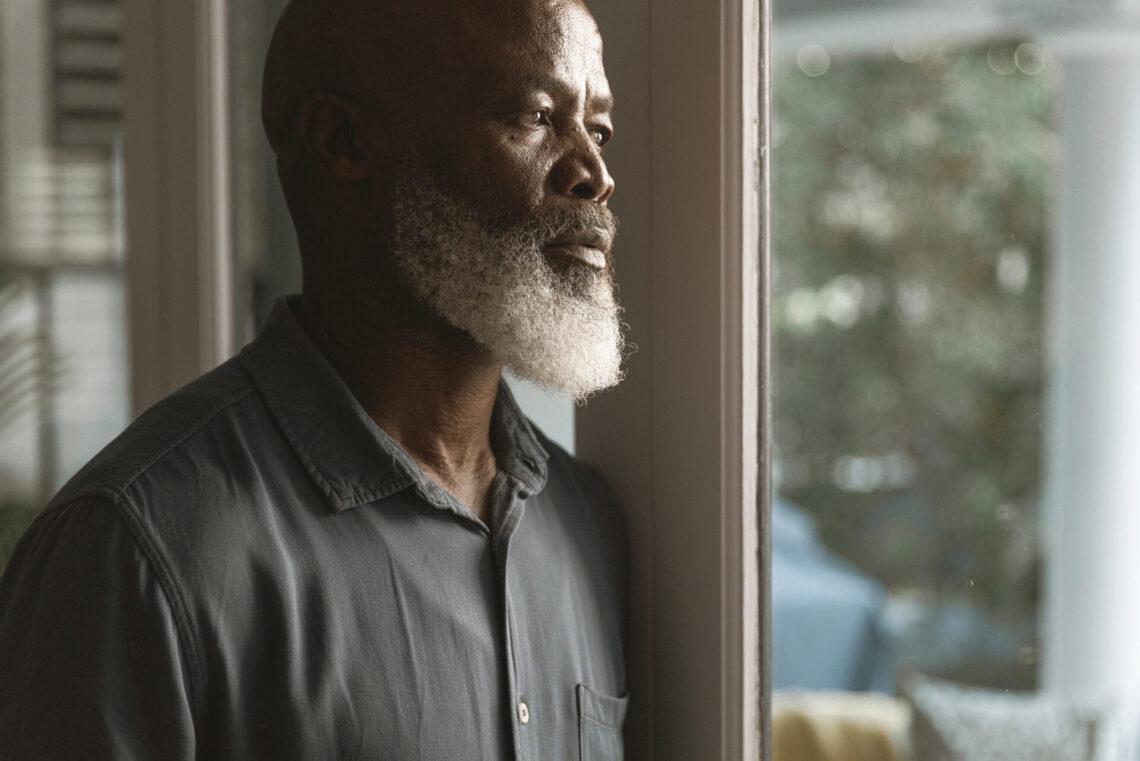What is depression?
Depression is a common, serious medical illness. Feelings of sadness and/or a loss of interest in activities you once enjoyed negatively affects how you feel, the way you think and how you act. Fortunately, it is also treatable. It can lead to a variety of emotional and physical problems and can decrease your ability to function at work and at home.
If you or someone you know needs support now, visit our Behavioral Health page to learn how to get started.

What are the symptoms of depression?
Depression symptoms can vary from mild to severe and can include:
- Feeling sad or having a depressed mood
- Loss of interest or pleasure in activities once enjoyed
- Changes in appetite — weight loss or gain unrelated to dieting
- Trouble sleeping or sleeping too much
- Loss of energy or increased fatigue
- Increase in purposeless physical activity (e.g., inability to sit still, pacing, handwringing) or slowed movements or speech (these actions must be severe enough to be observable by others)
- Feeling worthless or guilty
- Difficulty thinking, concentrating or making decisions
- Thoughts of death or suicide
Symptoms must last at least two weeks and must represent a change in your previous level of functioning for a diagnosis of depression.

What You Need to Know About Depression
While we don’t know the exact cause, there are a lot of factors that influence depression. Common triggers can include:
- A family history of depression.
- Going through a stressful life event.
- An abnormal reaction over loss of a loved one.
- Interpersonal disputes.
- Abuse.
- Major life events like moving or retiring, etc.
- Serious, major, chronic or terminal illnesses.
- Substance abuse.
- Being socially isolated or excluded.
Depression looks and feels different to everyone. Strategies listed here may help some, and not others. Here are some tips for dealing with your depression:
- Talk to your primary care provider or a behavioral health provider about your situation. There are treatment options for depression that can help you.
- Stay connected to people. If you can, reach out to friends and family when you feel low.
- Create a routine. Depression can affect your sleep and your appetite, and it’s different for everyone. Create a routine that works with your low mood while also maintains regular sleep and eating habits.
- Start some form of exercise. There’s some evidence that exercise can help lift your mood. Start small and see how it makes you feel.
- Limit alcohol intake. It’s not a healthy or helpful way of coping, it won’t solve your problems and could make you feel more depressed.
- Try to eat a balanced diet. Some people don’t feel like eating when they’re depressed and others find comfort in food. Try to fuel your body in a balanced way. And if you’re having a problem with food, talk to your primary care provider for help.
There are many treatments for depression, and you should talk to your provider about what will work best for your situation. Some treatments include:
- Antidepressant medication
- Psychotherapy (there are many types and techniques that can be used)
- Devices that stimulate the brain (in cases of severe major depression)

